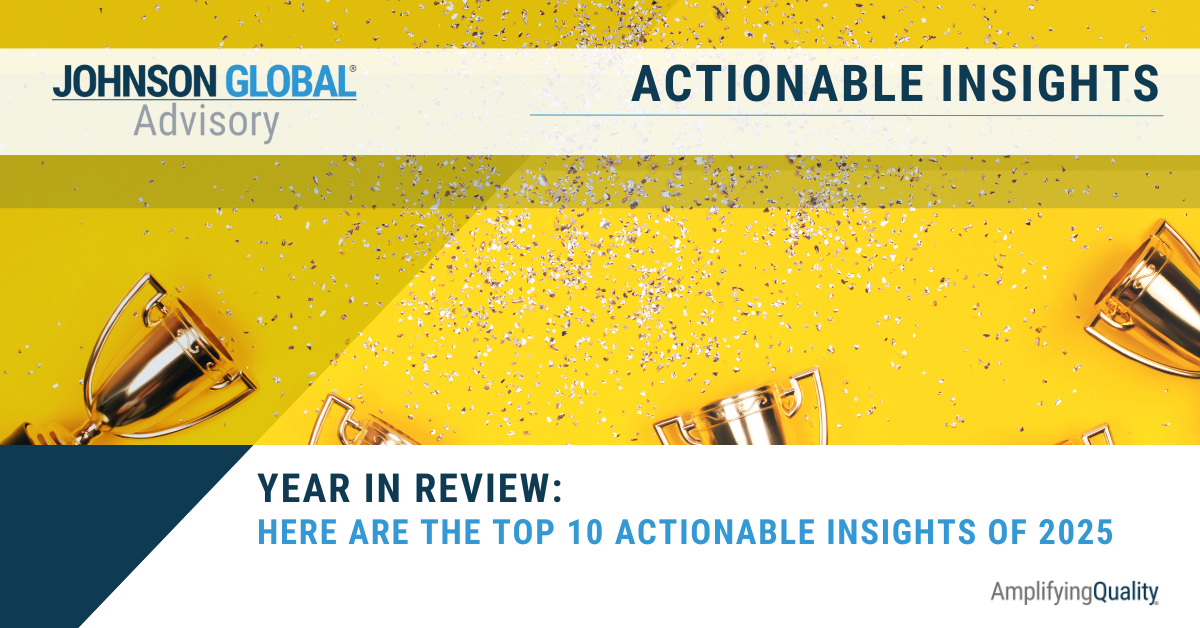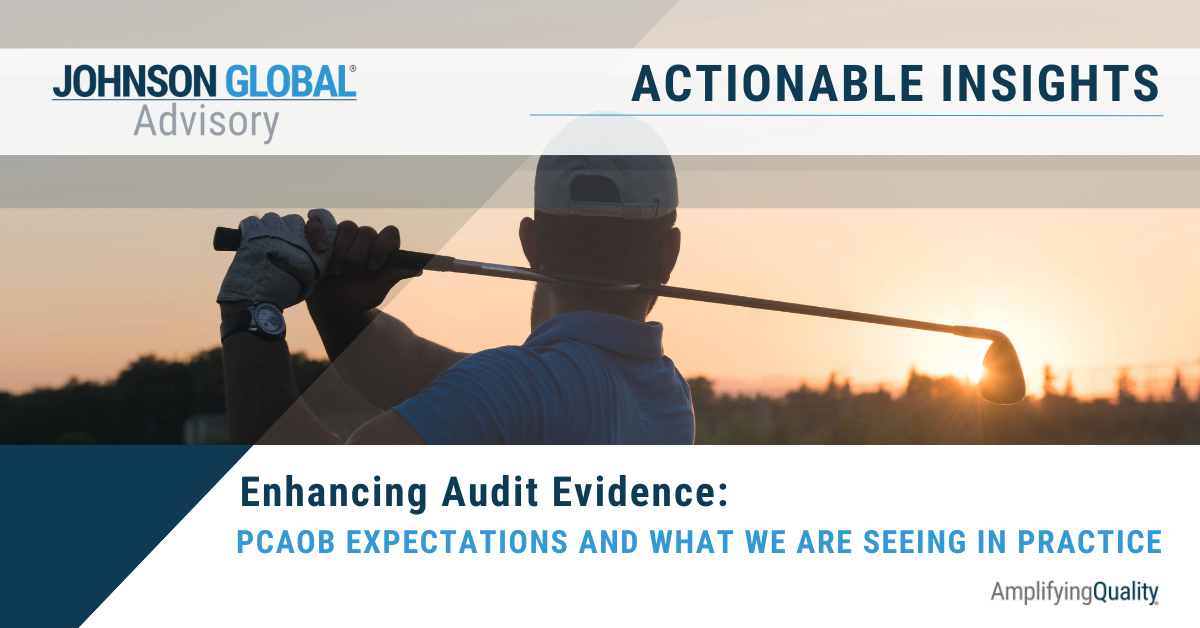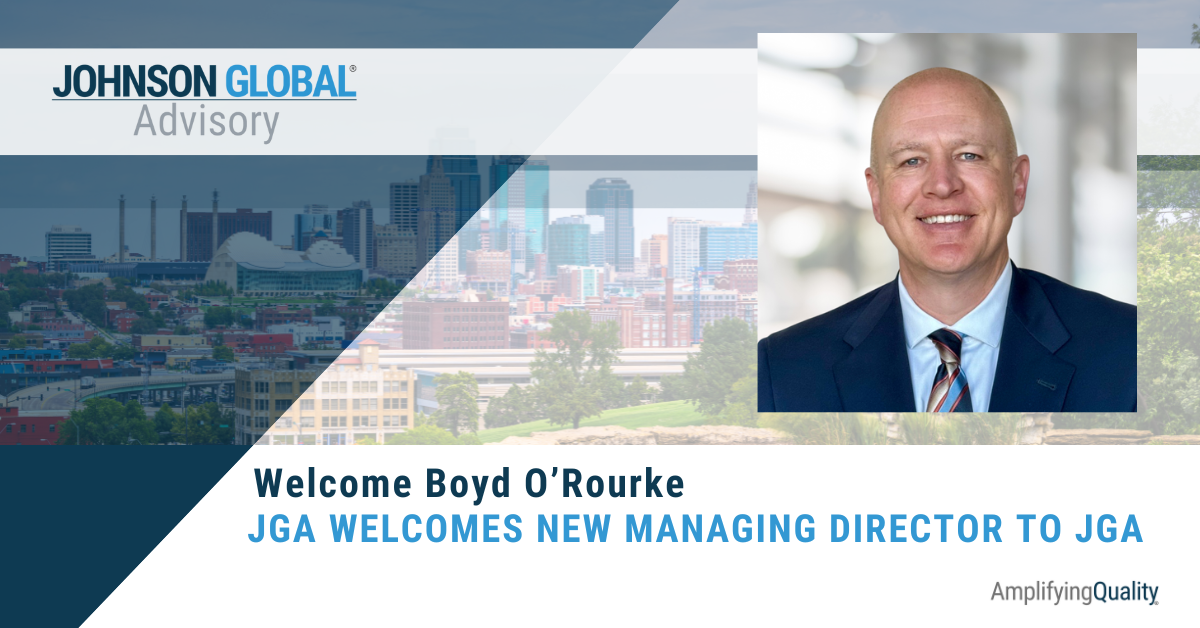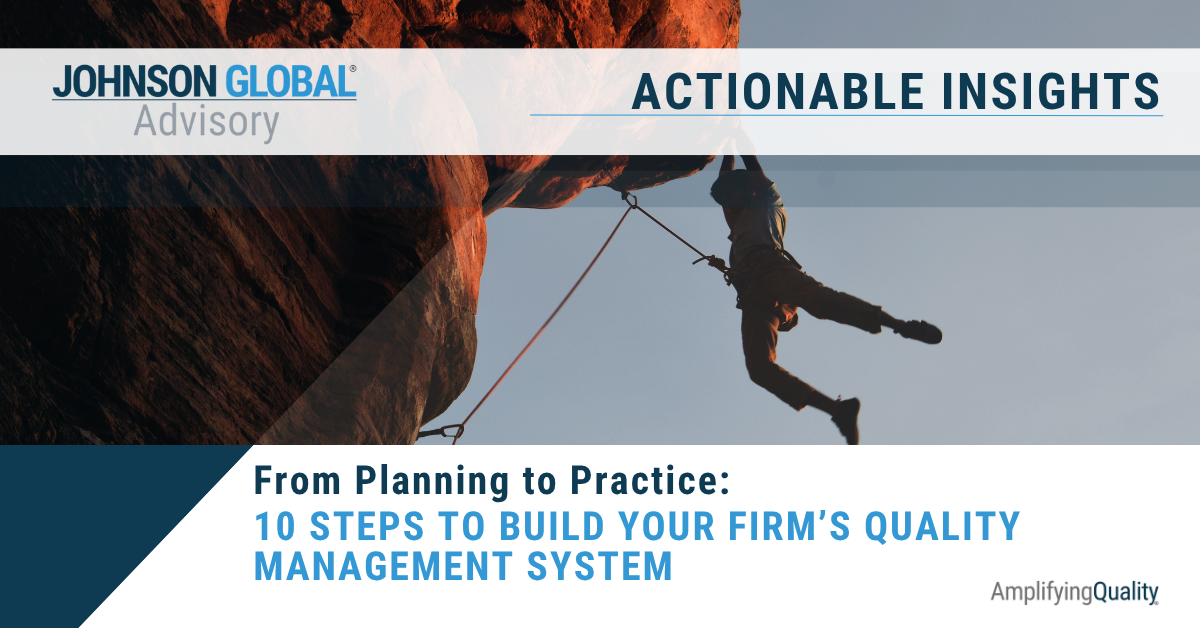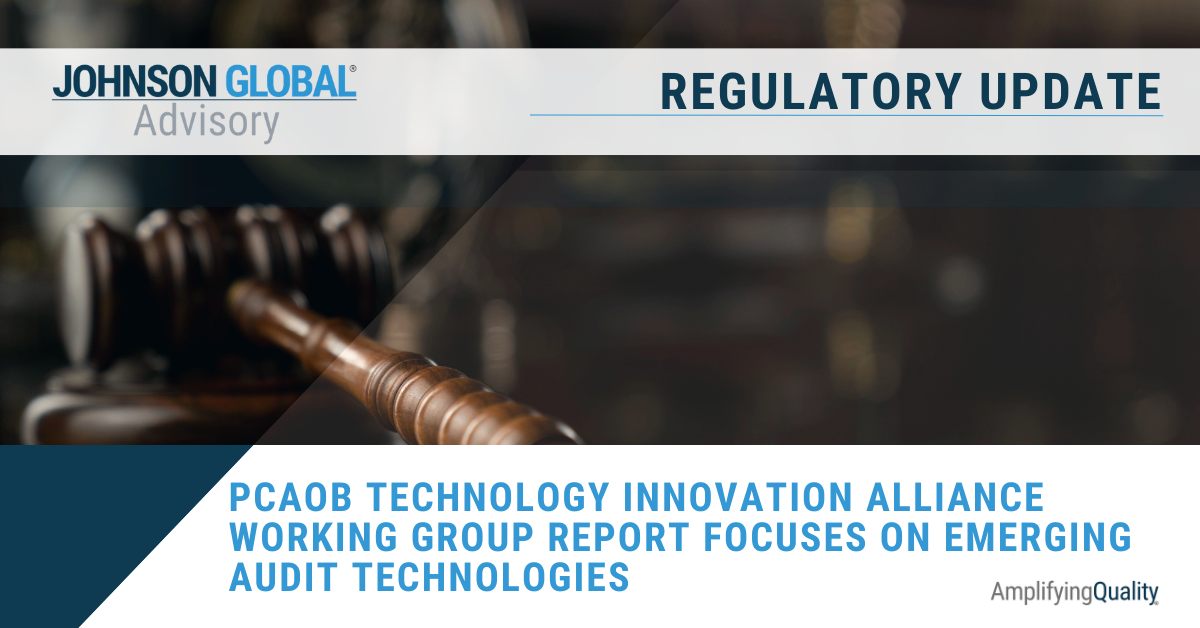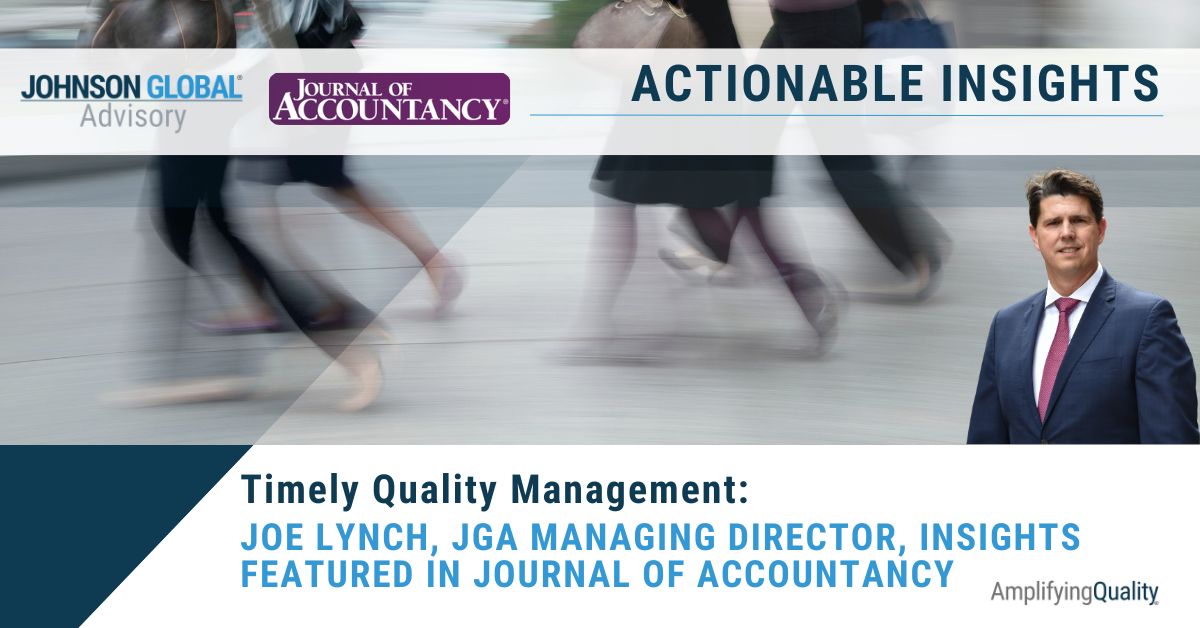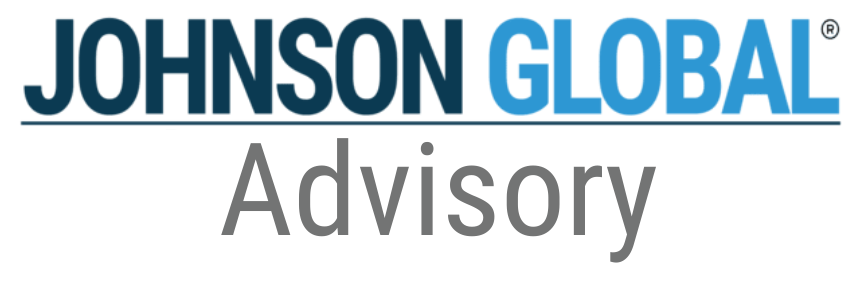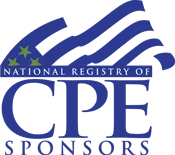What Happened to Summer? The State of the Audit and Accounting Industry
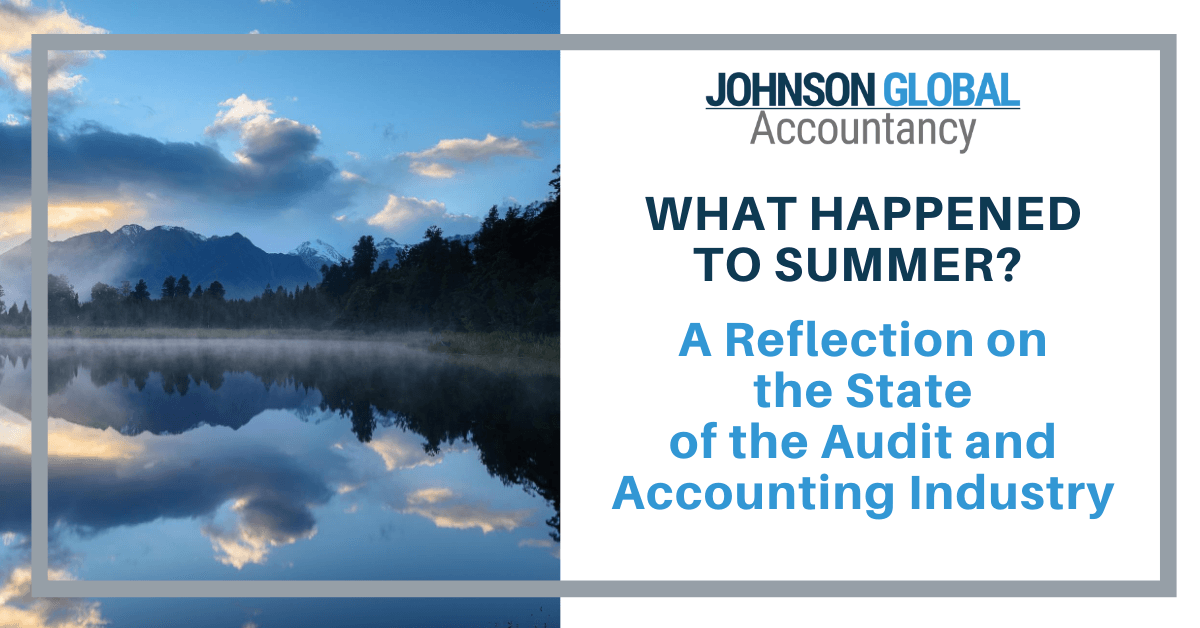
Sitting here on a cool August morning in Denver; the crisp air already speaks to autumn, knocking on the door, begging to be let in. It’s mid-August already and yet, where has the summer gone? COVID-19 wreaked havoc on summer plans, cancelling weddings and trips out-of-town, turning liquid happy hours into digital zoom calls, and limiting most everyone’s ability to enjoy life “freely.” Isn’t that what summer is for? A chance to slow down, travel, have fun, breathe, and reset for the next year?
I know I’m not alone in what I’m feeling. I’ve heard similar sentiments from plenty of friends, coworkers and clients. For us auditors and accountants, busy season used to be from January through March, or possibly even April and May for private clients. Occasionally, we might have an off-year-end and that meant a couple weeks of concentrated work during the summer or fall. But what happened to our industry norm? It feels like busy season just never ended this year.
Part of that is certainly related to COVID-19. As a result of the pandemic, regulatory bodies across the world extended filing deadlines providing relief for companies, but in the process, extending our audit busy season. Because of workplace changes, audits took longer to complete as new remote workarounds had to be developed. Studies are showing that management, across all industries, is concerned about employee fatigue and burnout. It seems when you live and work at home, the lines dividing work and life are blurred; there’s no real start or stop to your day.
But it’s not just the pandemic is it? This stress has been building over the last few decades.
As I reflect back on my days as an associate, I started soon after the adoption of Sarbanes-Oxley (SOX), giving rise to the PCAOB and integrated audits. For my generation, audits post-SOX are all we’ve ever known, but with the creation of the PCAOB, public accounting changed and would never be the same. The early 2000’s was a “great opportunity” for new work and increased revenues. Once we got through the SOX implementation, for a brief moment, it felt like there was a reprieve and we had arrived at a new, stable norm in the industry.
Upon formation, the PCAOB adopted the AICPA auditing and quality control standards. However, as the Board matured, it began to issue new auditing standards such as the risk assessment standards proposed in October 2008. Simultaneously, the PCAOB’s inspections programs developed, increasing the expectations of firms for remediation. Now, in 2020, it feels as though audit busy season rolls directly into and often overlaps with the firm’s quality control busy season. The overwhelming tasks of internal monitoring inspections, peer reviews, PCAOB inspections, and remediation initiatives have taken up a substantial part of an audit firm’s calendar.
Meanwhile, the FASB started talking about convergence with IFRS. The FASB and the IAASB worked on several initiatives and while they didn’t exactly reach full convergence, the FASB issued a series of significant accounting changes starting in 2014 with ASC 606, Revenue from Contracts with Customers. Shortly thereafter came ASC 842, Lease Accounting, which was then followed by ASC 326, Financial Instruments – Credit Losses and the emergence of the current expected credit losses model, taking effect this year in 2020. These are significant changes in accounting for which companies and audit firms alike have created task forces to fully understand the guidance and develop implementation strategies, sometimes spanning multiple years.
Currently, I have the privilege to work with several audit firms to help them understand the IAASB’s proposed International Standard on Quality Management 1 (ISQM 1) and the requirements for implementation. While many of the quality objectives exist in current guidance, such as governance and leadership or client acceptance and continuance, the new ISQM 1, if adopted, will create an extraordinary amount of work for public accounting firms, both in its implementation and ongoing execution. Most significant will be the need to formalize and document monitoring programs for all aspects of a firm’s system of quality management and then remediate all quality issues, including performing a root cause analysis for negative quality findings. Though not yet adopted by the IAASB, the PCAOB released a QC concept release in December 2019. The concept release seemed to indicate general adoption of the ISQM 1 guidelines as well as incremental guidance required for PCAOB compliance. This will require a significant amount of time to understand and implement within firms.
With all these developments, it begs the question, will we ever get a break? The rate of change seems only to be increasing and for many, it is leading to a state of perpetual overwhelm where there is just no “business as usual.” Resources are hard to come by whether speaking in terms of qualified employees, information resources, financial resources, or perhaps most importantly, time.
We hear you. We understand you. We can empathize with you.
While I can’t say the rate of change will slow down at all, hopefully regulators across the board are aware of the constant changes and hopefully, there’s a reprieve coming so that we can “catch-up.” Until then, take a minute today and breathe.
Change and transition can be challenging, but it’s also an opportunity for growth and improvement. I have no doubt that the ISQM 1 initiative will strengthen our individual and collective systems of quality management and result in stronger, better quality audits. Most of these developments are designed to improve financial reporting and audit quality which are the foundation of our industry. That doesn’t diminish the efforts it’ll take to get there though. If you’re feeling overwhelmed, here are some considerations to help you navigate these developments:
Prioritize Changes
As we assist firms with all these various changes, the most important part is to help prioritize efforts based on significance, effective date, and potential timeline for implementation. We find this helps firms tackle the most important priorities first.
Leverage Resources
Leverage the resources and knowledge of the Big 4 and other accounting firms. The industry, collectively, publishes enormous amounts of interpretive literature concerning regulatory developments that are useful in understanding changes.
Ask Questions
If you have questions or concerns, reach out to the regulators. Tell them how changes and deadlines are affecting your firm. The FASB considered and deferred (multiple times) the effective dates of the new accounting standards given the significance of the changes they would bring to the accounting profession. It was exactly because the industry was feeling overwhelmed.
Mobilize Networks
Remember, we aren’t in this alone. One of the best things about the accounting and auditing profession is the network and its ability to mobilize. When there’s new accounting guidance, partner with peer firms to better understand the guidance and develop implementation templates, together. Maybe even consider forming alliances; an alliance doesn’t have to mean merging and consolidating, but rather, perhaps joint efforts to create economies of scale.
Of course, my colleagues and I are here to help. Call us for a quick question or a longer conversation. We’ve worked in public accounting and at the PCAOB and now we have the privilege of helping firms tackle these difficult issues. We have seen what works and what doesn’t.
Reaching a new status quo may take years and in fact, as the Greek philosopher Heraclitus taught us, "the only constant is change." Clearly our industry is experiencing incredible changes right now and probably will be for the foreseeable future. We’ll get through it, just like we have before. So before autumn chases away the remnants of summer, take some time with family and friends to feast in a backyard BBQ, indulge in a competitive game of cornhole and enjoy a simple moment just for yourself.
Dane Dowell is a Director at Johnson Global Accountancy who works with PCAOB-registered accounting firms to help them identify, develop, and implement opportunities to improve audit quality. With over 12 years of public accounting experience, he spent nearly half of his career at the PCAOB where he conducted inspections of audits and quality control. Dowell has extensive experience in audits of ICFR and has worked closely with attorneys in the PCAOB’s Division of Enforcement and Investigations. Prior to the PCAOB, he worked with asset management clients at PwC in Denver, Singapore, and Washington, DC.
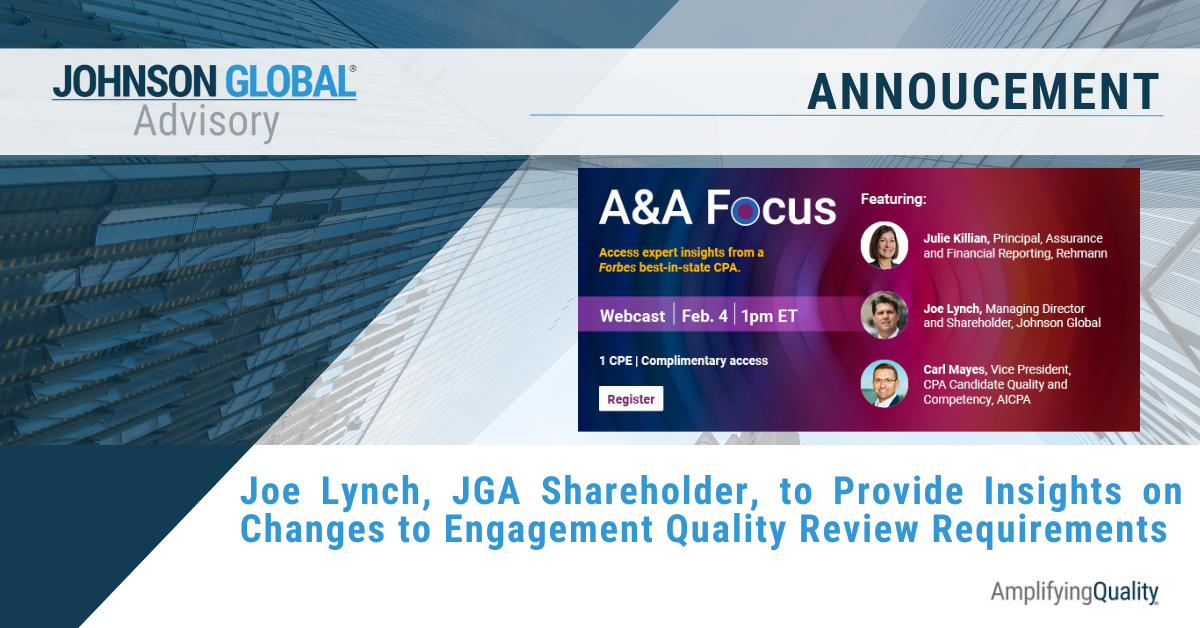
Joe Lynch, JGA Shareholder, to Provide Insights on Changes to Engagement Quality Review Requirements

